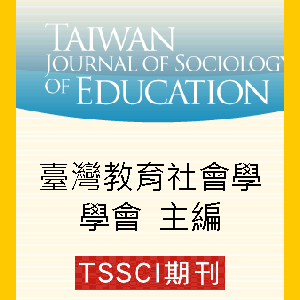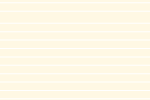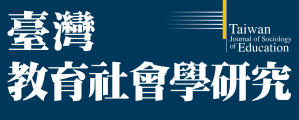| 篇名 | |
|---|---|
| 並列篇名 | Why do Higher Education Policies in Taiwan Incline towards Neo-Liberalism? A Critique on this Approach |
| 作者 | 姜添輝 |
| 中文摘要 | 經由美國的強力推動,全球化經濟體系得以明顯擴張,其鉅額經濟利益使得許多國家需遵守此體系的法則。但這並非被迫屈從,往往是主動迎合,因為這些國家已接納其背後哲學⎯⎯新自由主義。在國際競爭力的前提下,國家角色將關注於市場需求與效能,致使公平正義不再是教育的優先考量。此種市場邏輯提升企業概念在教育運作的正當性,致使教育不再追求學術中立,轉而服務企業。企業主義改變學校內部運作型態,效能原則強化組織科層性,商業利潤原則使學校文化轉向功利型態。基於上述關聯性,本研究探索新自由主義以及公共管理主義的內涵,並剖析臺灣高等教育政策偏向新自由主義而產生的可能缺失。 |
| 英文摘要 | Under American promulgation, globalization has expanded its sphere of influence. As this system embodies a considerable amount of capitalist profit, its member countries need to conform to its rules. However, they are not subject to its domination but voluntarily support its values because they have embraced its core philosophy – neo-liberalism. As globalization requires individual countries to improve their international competitiveness, the role of the state is shifting from one which prioritizes social justice to a market focus. This market-based approach, thus, legitimizes the logic of entrepreneurialism in the implementation of education, so that its core concern is no longer the pursuit of academic neutrality, but rather of market profits. This logic also drives school administration into the mode of Taylorism, adopting a bureaucratic approach, and molding school culture into one of utilitarianism. This essay sets out to explore the relationships among globalization, neo-liberalism, public managerialism and higher education policies in Taiwan. |
| 起訖頁 | 131-165 |
| 關鍵詞 | 公共管理主義、全球化、高等教育政策、新自由主義、public managerialism、globalization、higher education policy、neo-liberalism |
| 刊名 | 臺灣教育社會學研究 |
| 期數 | 201512 (15:2期) |
| 出版單位 | 臺灣教育社會學學會 |
| DOI | 10.3966/168020042015121502004 複製DOI |
| 該期刊-上一篇 | 臺灣的高等教育擴張與階級複製:混合效應維續的不平等 |








